Artificial Intelligence Impacts Future Careers
Artificial intelligence (AI) is now everywhere, from smartphones, virtual assistant systems, to high-tech fields, complex machines, such as: Self-driving cars, surgical robots... In the field of defense - security, AI has shown its strength when playing an important role in security surveillance, facial recognition, intelligence data analysis and decision support in emergency situations. In the medical field, AI helps doctors diagnose diseases faster and more accurately thanks to the ability to analyze millions of image data (X-ray, CT, MRI) and medical records, electronic health books. In education and training, AI helps deploy electronic records, analyze data, design lectures; personalize learning, monitor each student's learning progress and suggest appropriate pathways. The financial industry also benefits from AI through risk analysis, fraud detection, enhanced security and automation of customer service processes...
Along with the development of technology is the evolution of increasingly powerful AI models, typically: ChatGPT, Gemini, Claude... These models have the ability to understand natural language, create text, image, and even video content - something that previously only humans could do. According to experts, one of the technology trends in 2025 is the proliferation of AI Agents - AI agents, a stepping stone before humanity advances to artificial super intelligence AGI...
However, the rapid development of AI also poses many challenges, especially in terms of ethics and law. Issues related to privacy, data control, and transparency in AI decisions need to be closely monitored and managed. AI also changes the labor market, as many traditional jobs are replaced by automation. This requires people to constantly learn and adapt to new skills in the digital age.
In practice, the strong development of artificial intelligence (AI) has directly affected the employment opportunities of many people, especially young people. According to many managers, in addition to the obvious benefits, AI is creating a new "screening" in the labor market. When machines take on "repetitive" or simple technical tasks, the requirements for workers are not only limited to expertise, but also extend to technological skills, creativity and innovative thinking. Despite the need to recruit staff, businesses are currently prioritizing candidates who can effectively combine professional expertise and the ability to use AI tools. That forces workers to continuously learn, update new knowledge and be ready to change so as not to fall behind...
According to experts, in the next 5 years, technology adoption will continue to be the main driver for business transformation. Companies will also pay more attention to environmental, social and governance standards. The next most important factors are macroeconomics , supply shortages and consumer expectations on social and environmental issues. Investments to promote green transformation will have a big impact. The most popular technologies in the next 5 years are big data technology, cloud computing, e-commerce and digital commerce. In particular, AI plays a key role in digital transformation in many fields. In particular, helping to automate processes; advanced data analysis (AI is capable of analyzing large volumes of data to predict market trends, analyze user behavior, support product/service personalization... to help make faster and more accurate decisions; innovate products/services to better meet customer needs...
The International Monetary Fund (IMF) predicts that nearly 40% of jobs worldwide could be affected by AI developments. With its ability to learn quickly, AI can assist workers in performing “repetitive” tasks in a process. Now, it also marks a clear step forward in jobs that require creativity and independent thinking such as planning, drafting content and proposing ideas.
OpenAI researchers point out that jobs that are likely to be replaced by AI in the future are factory workers, translators/interpreters, writers, poets, tax officers, cashiers, administrators, accountants, auditors... AI also helps optimize the working environment, minimizing the risk of occupational accidents in industries such as manufacturing and construction, although some traditional jobs like that may gradually disappear and new careers will also appear.
According to human resource experts, proactively equipping oneself with knowledge about technology, participating in short-term training courses, learning to use AI tools in the professional field, specifically, are practical actions for employees to improve their competitiveness. From a long-term perspective, AI will be a "special colleague" - a hard-working virtual assistant. When people know how to effectively exploit technology, AI will become a "powerful assistant", opening up opportunities for more sustainable and creative career development.
| According to a report by the World Economic Forum (WEF), by 2025, AI could replace 85 million jobs, but at the same time open up 97 million new job opportunities, such as: Data engineers, machine learning experts, AI system designers, industrial automation... |
HUU NGUYEN
Source: https://baoangiang.com.vn/tri-tue-nhan-tao-va-tuong-lai-nghe-nghiep-a421712.html


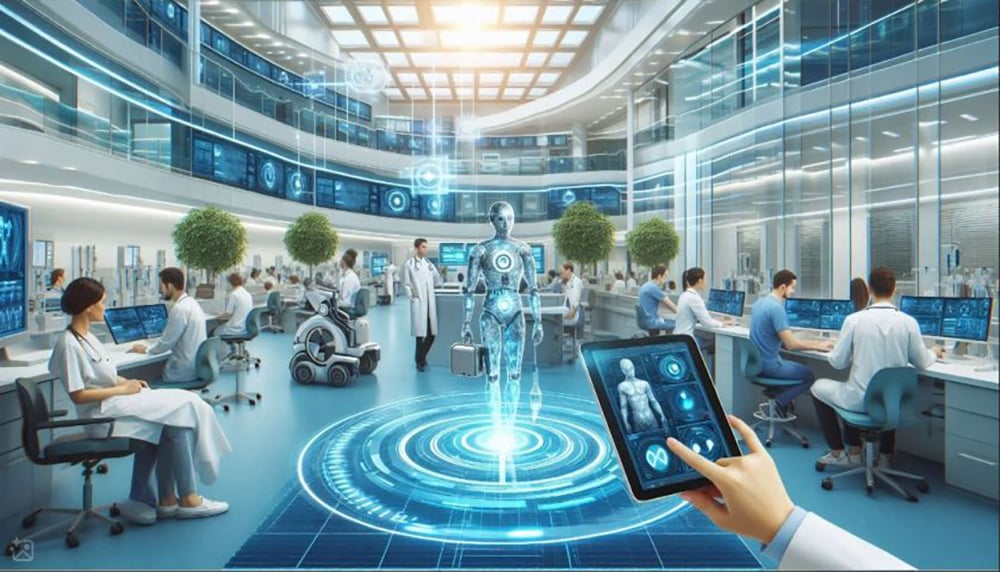

![[Photo] National Assembly Chairman Tran Thanh Man attends the VinFuture 2025 Award Ceremony](/_next/image?url=https%3A%2F%2Fvphoto.vietnam.vn%2Fthumb%2F1200x675%2Fvietnam%2Fresource%2FIMAGE%2F2025%2F12%2F05%2F1764951162416_2628509768338816493-6995-jpg.webp&w=3840&q=75)



![[Photo] 60th Anniversary of the Founding of the Vietnam Association of Photographic Artists](/_next/image?url=https%3A%2F%2Fvphoto.vietnam.vn%2Fthumb%2F1200x675%2Fvietnam%2Fresource%2FIMAGE%2F2025%2F12%2F05%2F1764935864512_a1-bnd-0841-9740-jpg.webp&w=3840&q=75)


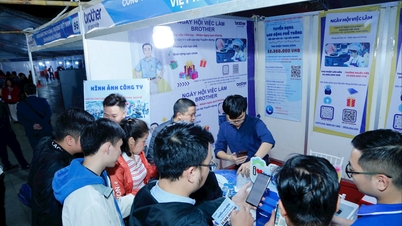





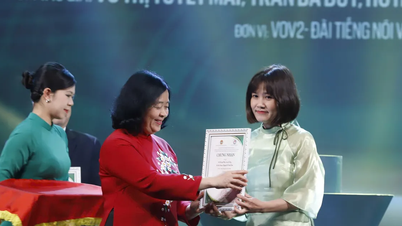







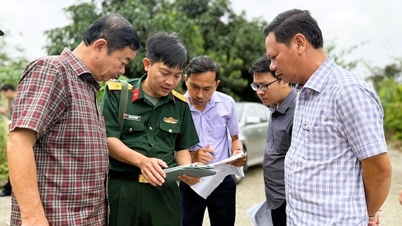
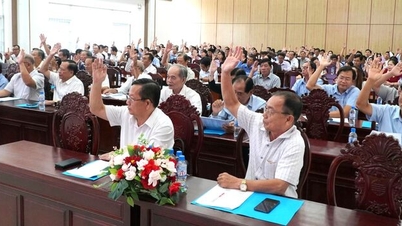












































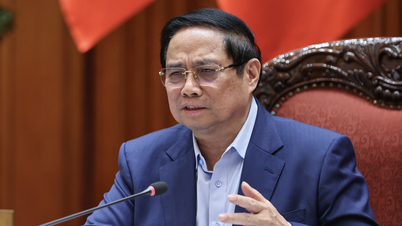










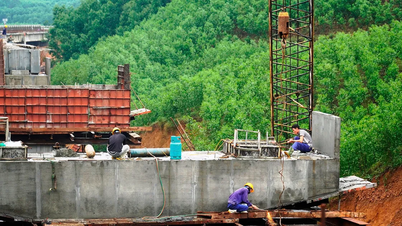


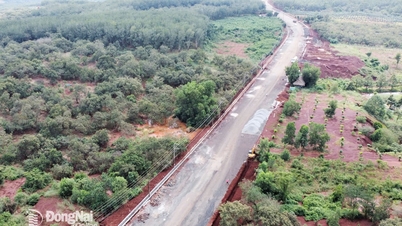
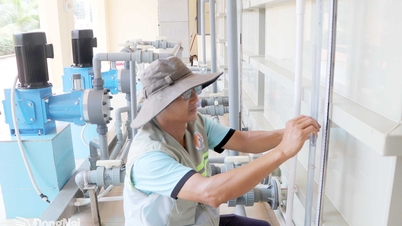
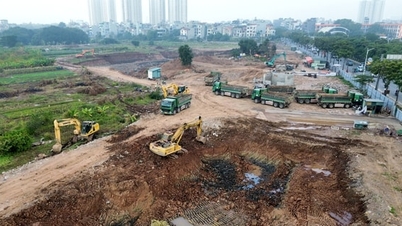

















Comment (0)